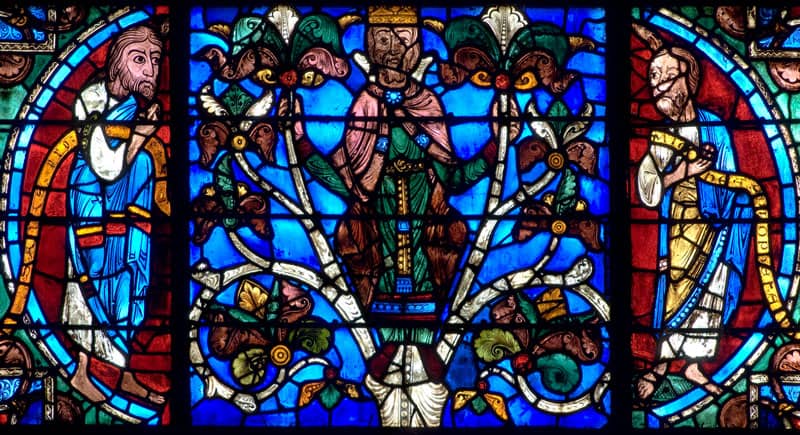
Be patient, therefore, brothers, until the coming of the Lord. See how the farmer waits for the precious fruit of the earth, being patient about it, until it receives the early and the late rains. You also, be patient. Establish your hearts, for the coming of the Lord is at hand. Do not grumble against one another, brothers, so that you may not be judged; behold, the Judge is standing at the door. As an example of suffering and patience, brothers, take the prophets who spoke in the name of the Lord.
James 5:7–10
As I read James 5:7–10, I am reminded of my father. He was no prophet and suffered no religious persecution. However, I believe he suffered persecution for being a Mexican man in a predominantly white world. My father helped raise his eleven siblings and loved his seven children. He was a carpenter, architect, veteran, and the lead county cartographer for over 30 years. My father was a quiet man, revered by his colleagues, known as a perfectionist who “documented” everything, and a committed provider to the family.
Even as a child, I knew that my dad “suffered.” He never shared what ailed him, nor will I ever understand why he behaved the way he did. It wasn’t until his passing, while sorting through his “documents,” that I caught a glimpse of his suffering. My mother had a sudden heart attack during his final years of employment. His entries mentioned getting the news and leaving work quickly, not saying a word to anyone. At this time, he also faced allegations of being a “thief,” drug addict, and an insubordinate “dog.”
As I sorted through his documents, I was aghast. I could not believe any of the allegations. He shared none of his litigation process with any of his children. The investigations led nowhere, and his lawyer recommended settling out of court with his employer by taking early retirement. I remember he retired early to care for my mother in her final years.
I pray I am never in my father’s shoes, but in my times of persecution, God gives me the strength to not grumble, establish my heart, and be patient — for the Light has come.
Dr. Anita Esquerra-Zwiers is an assistant professor of nursing at Hope College.

Scripture quotations are from the ESV® Bible (The Holy Bible, English Standard Version®), copyright © 2001 by Crossway, a publishing ministry of Good News Publishers. Used by permission. All rights reserved.


